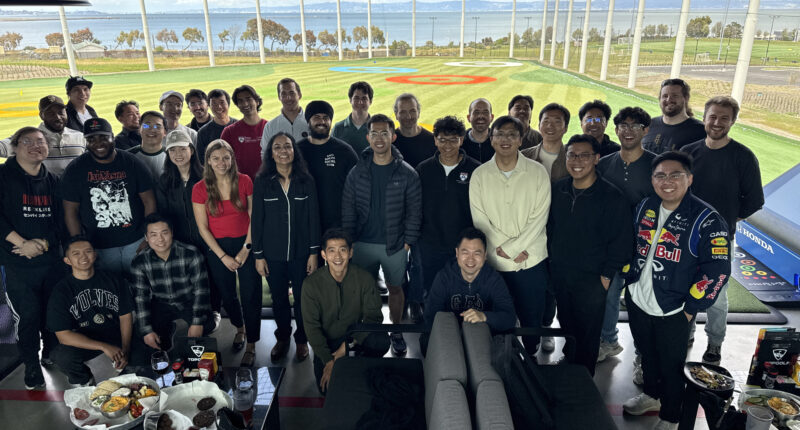AI-powered robotics startup Dyna Robotics has completed a $120 million financing round, valuing the company at over $600 million. The round secured backing from major technology corporations, including Nvidia, Amazon, and Salesforce.
The funding round was led by CRV, First Round Capital, and robotics-focused fund RoboStrategy, with participation from the venture capital divisions of several technology giants, according to Bloomberg.
Founded in 2024, Dyna develops artificial intelligence models designed to enable robots to learn and adapt through real-world deployment, rather than relying on pre-programmed instructions. The company’s stationary robotic arms currently operate across multiple industries, performing tasks such as textile folding for restaurants, fitness centres, and laundromats.
Chief Executive Lindon Gao, who previously co-founded Caper AI before selling to Instacart, leads the startup alongside co-founders York Yang and Jason Ma. The company currently employs approximately 30 staff members.
Dyna’s approach involves deploying robots in operational environments where they acquire capabilities through environmental data inputs, enabling continuous learning and performance improvement without traditional coding methodologies.
“Our ultimate goal is to unlock physical AGI,” Gao stated, referring to artificial general intelligence that could theoretically surpass human performance across numerous tasks.
Unlike competitors developing humanoid robots, Dyna focuses on applications that do not require mobility or human-like movement capabilities, although Gao indicates long-term plans to explore more anthropomorphic designs.
The robotics sector has attracted substantial investment interest, securing $12.1 billion in funding during the first half of 2025, according to PitchBook data, reflecting continued enthusiasm for AI-powered automation solutions.
Dyna plans to utilise the new funding to enhance its AI model development and expand robot deployment across additional commercial applications.
The company’s current applications demonstrate practical implementations of AI-driven automation in service industries, targeting repetitive tasks that benefit from consistent performance and gradual capability enhancement.











